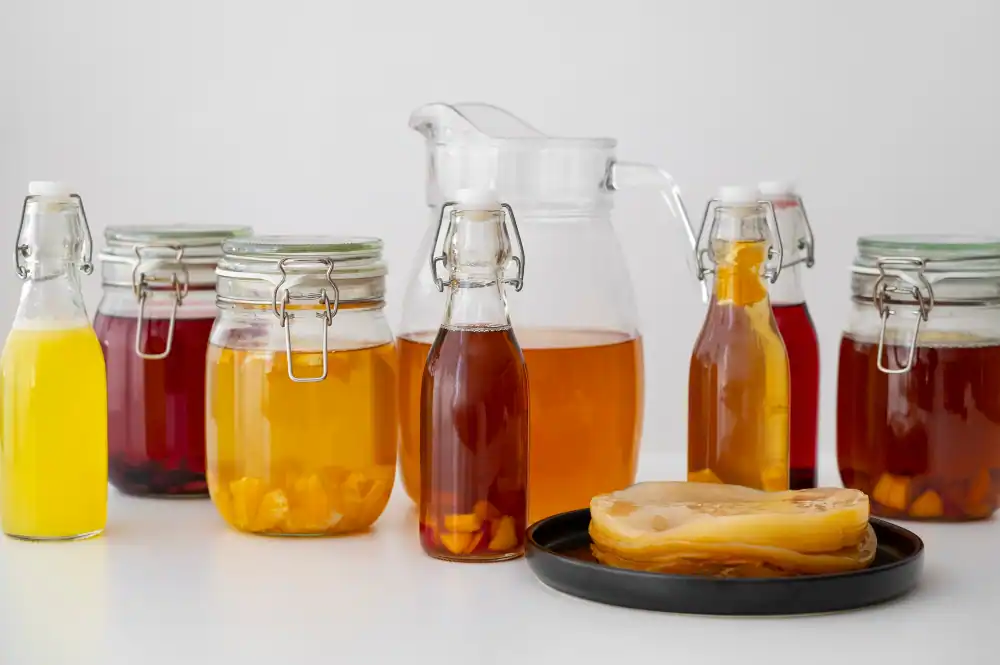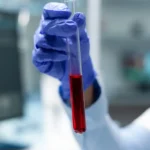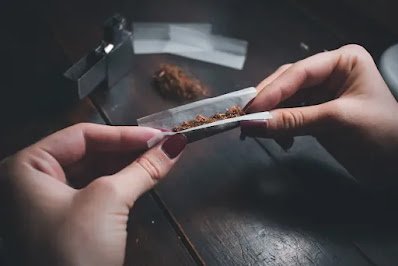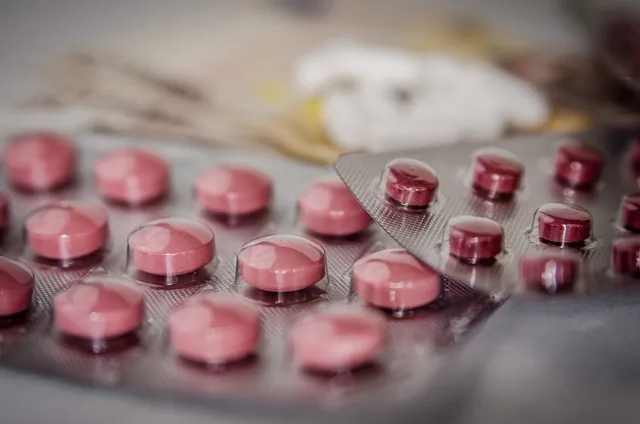Kombucha, a popular fermented tea, has gained immense popularity for its potential health benefits and unique taste.
However, there’s a lingering question that often surrounds this effervescent beverage: How much alcohol is in kombucha?
In this article, we will delve into the alcohol content of kombucha, its fermentation process, and what you need to know to enjoy it responsibly.
Understanding Kombucha
Kombucha is a traditional beverage made by fermenting sweetened tea with the help of a SCOBY (Symbiotic Culture of Bacteria and Yeast).

This living culture transforms the sweet tea into a tangy, slightly carbonated drink that is packed with probiotics, organic acids, and various other beneficial compounds.
The Alcohol Content in Kombucha
Kombucha typically contains a small amount of alcohol, a natural byproduct of the fermentation process.
The alcohol content in kombucha can vary, but it usually falls within the range of 0.5% to 3% alcohol by volume (ABV).
To put this into perspective, many non-alcoholic beers contain a similar or even higher alcohol content.
Therefore, kombucha is often considered a low-alcohol beverage.
The Fermentation Process
The alcohol in kombucha is a result of the fermentation process, which occurs as the SCOBY consumes the sugar in the sweet tea.
This process involves the following key steps:
Yeast Fermentation – Yeast in the SCOBY converts the sugar into alcohol and carbon dioxide.
Bacterial Fermentation – Bacteria in the SCOBY then convert alcohol into organic acids like acetic acid, which gives kombucha its characteristic tangy taste.
Carbonation – The carbon dioxide produced during fermentation creates the effervescence that many enjoy in kombucha.
Monitoring Alcohol Content
The alcohol content in kombucha depends on various factors, including the length of fermentation and the type of tea and sugar used.
Brew time is a significant factor: the longer the fermentation, the higher the alcohol content.
To ensure the alcohol content remains below a certain threshold, kombucha manufacturers may control the fermentation process rigorously and pasteurize the final product.
Regulations and Labeling
The alcohol content in kombucha has led to regulatory and labeling challenges in some regions.
In the United States, for example, the Alcohol and Tobacco Tax and Trade Bureau (TTB) has established guidelines for alcoholic beverage labeling, requiring products with an ABV of 0.5% or more to be labeled as alcoholic beverages.
Kombucha manufacturers often need to take these regulations into account and may opt for alcohol testing to ensure compliance.
Safety and Responsible Consumption
Consuming kombucha responsibly is essential, especially if you are sensitive to alcohol or have specific dietary restrictions.
If you are concerned about the alcohol content, look for brands that clearly label their products with the alcohol by volume (ABV).
This information can help you make an informed choice.
In summary, kombucha typically contains a low amount of alcohol, ranging from 0.5% to 3% ABV, depending on the fermentation process.
To enjoy kombucha responsibly, choose brands that provide clear labeling of their alcohol content.
Kombucha’s unique blend of probiotics and organic acids makes it a flavorful and potentially beneficial addition to your diet, but understanding its alcohol content is key to enjoying it safely.





